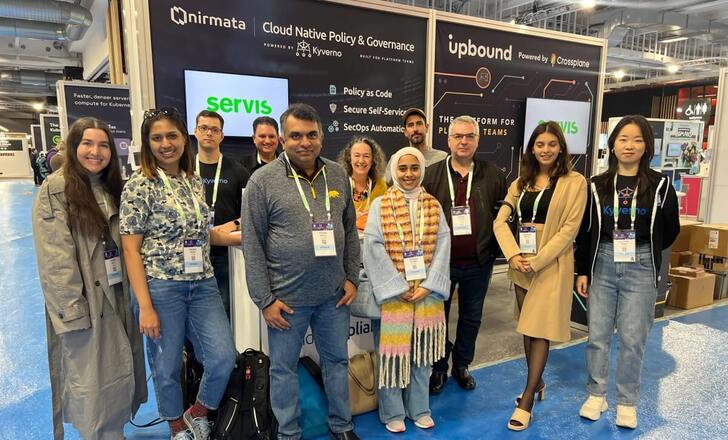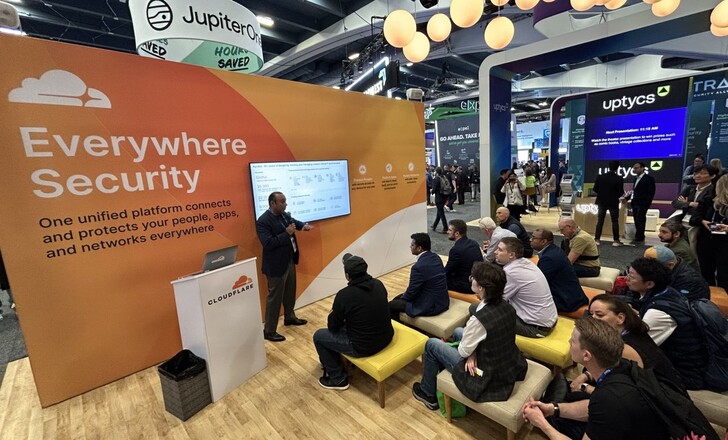
Nirmata, the company behind the open-source Kyverno policy engine and a recognized innovator in policy-as-code automation, has announced the general availability of its AI Platform Engineering Assistant – an artificial intelligence-driven solution designed to streamline Kubernetes security, compliance, and workflow management across hybrid and multi-cloud environments.
The launch comes at a time when enterprises are accelerating AI-assisted software development while facing mounting infrastructure complexity. According to recent industry data, global investment in AI infrastructure has surpassed $350 billion, with software production growing at more than 30 times the traditional rate. Despite this surge, nearly half of enterprises report critical skill shortages in platform engineering – the very teams tasked with managing Kubernetes clusters, cloud resources, and Infrastructure as Code (IaC).
Nirmata’s new assistant aims to close that gap. By embedding AI into the policy-as-code lifecycle, it automates key platform engineering functions – from policy creation and validation to security enforcement and remediation. The result is a continuous governance system that scales with modern AI workloads.
Built on the Kyverno policy-as-code engine, which is incubating under the Cloud Native Computing Foundation (CNCF), the AI Platform Engineering Assistant employs a multi-agent architecture to manage and secure Kubernetes environments. The assistant’s agents work in tandem to detect, analyze, and fix misconfigurations across clusters and pipelines – while keeping humans in control of verification and decision-making.
Among its core capabilities are three intelligent modules:
- Copilot Interface – A conversational AI that allows engineers to query infrastructure and receive compliance insights in seconds. This natural-language interface shortens investigative cycles from hours to minutes and enables immediate enforcement actions.
- Policy-as-Code Agent – Converts natural-language rules into Kyverno policy code validated for Kubernetes and IaC. This automates policy writing, ensures adherence to security standards, and eliminates common syntax and configuration errors.
- Remediation Agent – Detects policy violations and suggests compliant fixes, validating each correction with human oversight to maintain both speed and governance integrity.
Together, these capabilities would create a continuous Kubernetes governance system that enhances security posture while reducing manual workloads. The AI assistant integrates natively with Kubernetes, major CI/CD tools, and multi-cluster management platforms, making it adaptable to hybrid cloud and enterprise-scale environments.
As organizations expand their AI adoption, solutions like Nirmata’s demonstrate how automation can both safeguard and accelerate innovation. The company positions its assistant not just as a compliance tool, but as a foundational component of modern platform engineering – where governance, security, and developer agility coexist.
FAQ: Kubernetes in Hybrid Cloud Setups
Why is Kubernetes security a major concern for enterprises?
Kubernetes environments are highly dynamic, with thousands of configurations and permissions. Without automated governance, even minor misconfigurations can expose critical workloads or violate compliance standards.
What is policy-as-code, and why does it matter?
Policy-as-code encodes governance and compliance rules directly into machine-readable policies, enabling automated enforcement across Kubernetes and IaC environments. This ensures consistent security across all clusters.
How does AI improve Kubernetes compliance and workflow management?
AI automates the detection, analysis, and remediation of policy violations. It reduces human error, accelerates compliance checks, and frees engineers to focus on higher-level development and optimization.
What challenges do hybrid cloud environments introduce to Kubernetes governance?
Hybrid setups span multiple cloud providers and on-premise systems, each with unique configurations. This complexity makes consistent policy enforcement and security monitoring more difficult without automated tools.
How does Nirmata’s AI assistant fit into existing DevOps workflows?
The assistant integrates directly with CI/CD pipelines and Kubernetes management systems, working alongside existing developer tools to enforce policies, detect issues, and maintain compliance in real time.


